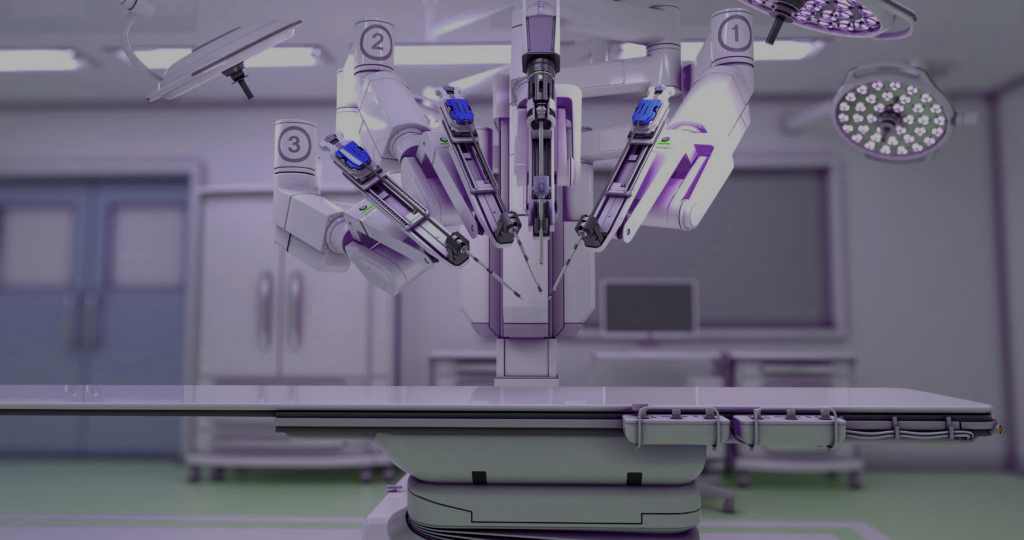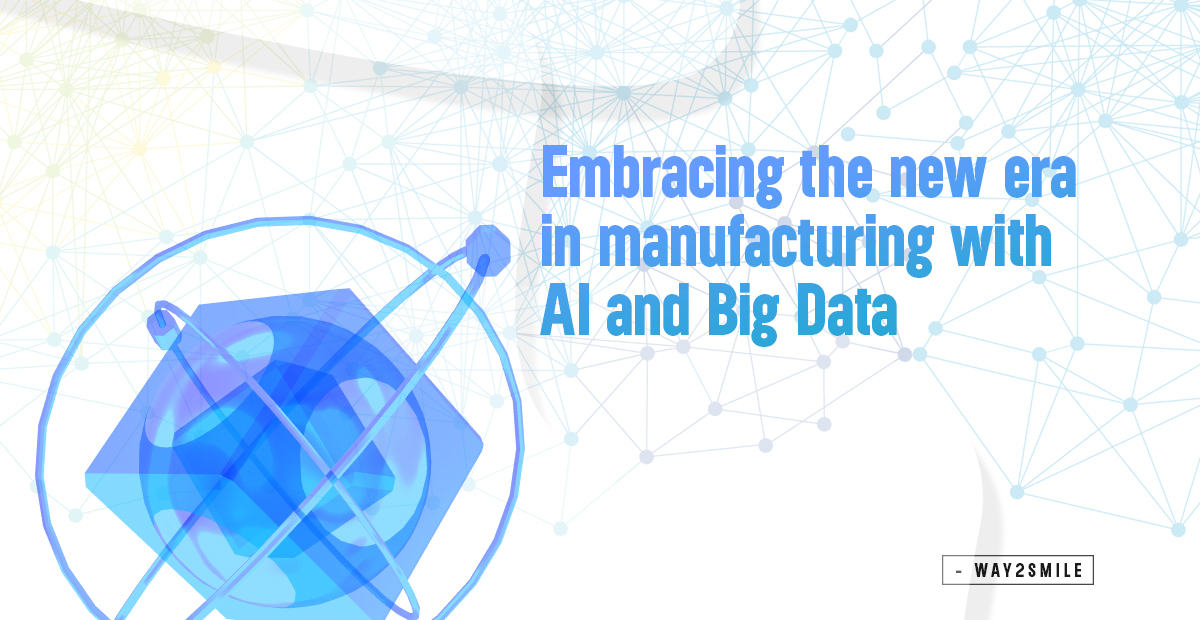The integration of artificial intelligence and machine learning in business has become a cornerstone for achieving success. As organizations undergo digital transformation, they are confronted with data that holds immense potential but also presents challenges in terms of collection, processing, and analysis. This is where AI and ML emerge as transformative tools, offering innovative solutions to navigate the complexities of the modern business environment.
Key Takeaways
The integration of AI and ML is not just a trend but a strategic necessity for businesses, enabling them to unlock data insights, enhance customer experiences, and drive innovation.
AI and ML applications span across industries, from healthcare to finance, automotive, and energy, reshaping business models, improving efficiency, and fostering innovation.
AI and ML empower organizations to extract value from data, automating analysis and tasks for informed, data-driven decision-making.
MLOps, inspired by DevOps and GitOps, ensures seamless deployment and maintenance of ML models, emphasizing the importance of continuous evolution and peak performance over time.
Understanding AI and ML
What is Artificial Intelligence (AI)?
At its core, AI refers to processes and algorithms designed to simulate human intelligence, encompassing functions like perception, learning, and problem-solving. It represents the shift in computer science and data processing, with applications ranging from web search engines to self-driving vehicles. AI development is progressing with generative AI, built on foundation models programmed for baseline comprehension. These models can be fine-tuned for specific industry tasks, exemplifying the importance of AI for business. AI is categorized into four types: reactive machines, limited memory, theory of mind, and self-awareness. While reactive machines perform basic tasks, limited memory AI evolves over time through data analysis. Theoretical concepts like theory of mind and self-awareness remain aspirational.
What is Machine Learning (ML)?
As a subset of AI, ML focuses on systems capable of learning and improving from experience. Three primary ML types—supervised learning, unsupervised learning, and reinforcement learning. Supervised learning involves active guidance during the learning process, generating models for tasks like image recognition and predictive analytics. Unsupervised learning relies on independent pattern recognition, applied in customer segmentation and anomaly detection. Reinforcement learning, the most complex, allows agents to learn through interaction with their environment.
Deep Learning: A Subset of Machine Learning
Situated within ML, DL emulates human neural networks, eliminating the need for pre-processed data. With multiple layers of processing, DL algorithms self-train, analyzing predictions and results to enhance accuracy over time. Practical applications include computer vision, facial recognition, and natural language processing (NLP).
AI, ML, and DL: Interconnected Realms
While AI encompasses a broad scope, ML is a practical application currently achievable, and DL represents a more sophisticated subset of ML. Visualized as concentric circles, AI envelops ML, with DL at its core. AI's pursuit of self-awareness remains futuristic, while ML, particularly limited memory systems, drives present advancements.
Significance of AI/ML in Business
Extracting Value from Data: In an era where data is a crucial asset, AI and ML empower organizations to extract value from vast datasets. Automated systems facilitate data analysis, delivering business insights and automating tasks that would be impractical manually.
Transforming Customer Experiences: AI/ML enhances customer satisfaction by personalizing services, optimizing existing offerings, and offering differentiated digital services. The ability to understand customer behavior provides a competitive edge in the market.
Improving Operational Efficiency: From automating business operations to optimizing service processing, AI/ML streamlines workflows, reduces costs, and increases overall operational efficiency. Predictive maintenance models in industries like automotive and energy showcase the transformative impact.
Innovating Industries: AI/ML is reshaping diverse industries. In healthcare, it accelerates diagnosis and enhances patient outcomes, as demonstrated by predictive analytics in sepsis detection. Telecommunications leverages AI to gain insights into customer behavior, while insurance automates claims processing.
Modernizing Financial Services: Financial institutions employ AI/ML to personalize services, improve risk analysis, and detect fraud. The ever-growing volume of financial data requires robust fraud detection models, a feat achievable with ML capabilities.
Revolutionizing Automotive and Energy Sectors: The automotive industry witnesses AI/ML's role in autonomous vehicles, predictive maintenance, and disruptive trends. In the energy sector, intelligent power plants, predictive maintenance, and energy trading optimization highlight AI/ML contributions.
MLOps: Streamlining ML Model Deployment
Inspired by DevOps and GitOps, MLOps streamlines deploying and maintaining ML models. It establishes a continuous evolution for integrating ML models into software development processes, ensuring accuracy and peak performance over time.
Wrapping Up
AI and ML are integral to modern business success. They enable organizations to navigate the challenges of a data-driven world, offering transformative solutions that enhance efficiency, customer experiences, and overall competitiveness. As businesses continue to evolve, embracing AI and ML becomes not just a choice but a strategic imperative for sustained success in the digital age. Way2Smile, a leading software development company, is dedicated to providing innovative and advanced AI and ML solutions. Our commitment to excellence, innovation, and the implementation of MLOps for seamless model deployment positions us as a key player in helping businesses harness the full potential of AI and ML. Way2Smile Solutions stands as a reliable partner, empowering businesses to thrive in the digital market where success is data-driven.







